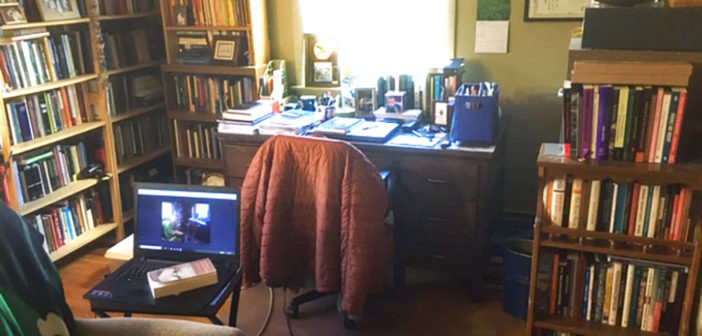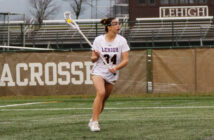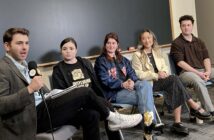The creativity and curiosity inspired by research is a cornerstone at Lehigh, but the COVID-19 pandemic has left ongoing research at Lehigh hindered or paused.
For Julie Miwa, an associate professor of biological sciences, a typical day in the research lab is spent in the animal facility on Mountaintop Campus working with genetically engineered mice, either breeding them or testing them in behavioral experimentation. The other half is spent in the wet lab, where a series of tests are run to analyze the genetic makeup of the animals.
However, this hands-on research has been paused indefinitely.
Miwa said the pause in lab research has greatly affected undergraduate and graduate students who conduct independent research projects and help with the animals.
Miwa said some of the genetically engineered mice being studied are unique to Lehigh, meaning they must be carefully watched and maintained.
Although the pandemic has had a negative impact on the research, Miwa said she is keeping students involved and engaged in the process.
“I’m still in touch with students, (and) I meet with some of them through a teleconference on a regular basis,” Miwa said. “Students are either doing computer-based work, reading or writing papers.”
Provost Pat Farrell said in an April 23 email to the campus community that even though all summer classes will be online and on-campus programs are canceled through July 31, he remains hopeful that Lehigh will be able to “slowly repopulate labs” early in the summer.
Michael Raposa, a professor of religion, understands the struggle that science researchers like Miwa are facing because of the pandemic.
However, the pandemic, Raposa said, has not had a large impact on his research.
“I think, in some respects, faculty of the humanities are best situated,” he said. “We don’t have laboratories, and we don’t have to run research or gather data. Typically, I keep my books for research at home and my books for teaching at school.”
Raposa said teaching has become much more labor-intensive given the switch to remote learning, and that he has thus had far less time for his scholarly work since the pandemic began.
“I have two articles that are due in April, and I’m struggling to make those deadlines,” Raposa said. “I know I’m not alone because those deadlines have already been extended by those responsible for the publications.”
In place of Zoom, Raposa has been recording lectures that he writes out in advance. He teaches two classes for a total of four lectures per week. He said he types about 25 to 30 double-spaced manuscript pages of lectures per week, and these can take time away from writing research articles.
For some students, the shift to remote research has become a harsh new reality.
Computer science researcher Anmol Shrestha, ‘21, said things have been more complex for him and his peers as they adjusted to remote learning.
Internet and connection problems have the ability to hinder learning and progress, Shrestha said.
“Constant internet issues also plague our sessions, and latency issues hinder our work all the time when trying to work together,” Shrestha said.






Comment policy
Comments posted to The Brown and White website are reviewed by a moderator before being approved. Incendiary speech or harassing language, including comments targeted at individuals, may be deemed unacceptable and not published. Spam and other soliciting will also be declined.
The Brown and White also reserves the right to not publish entirely anonymous comments.